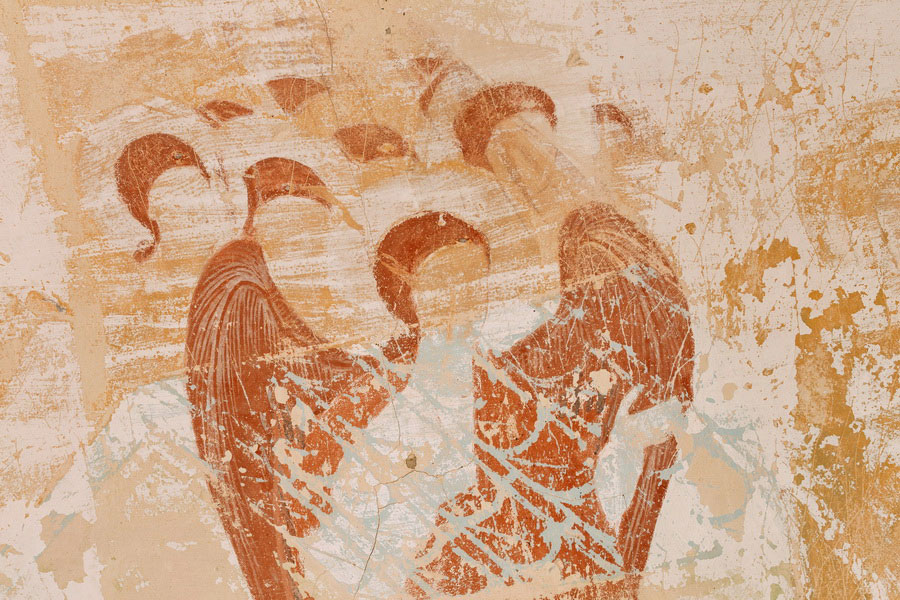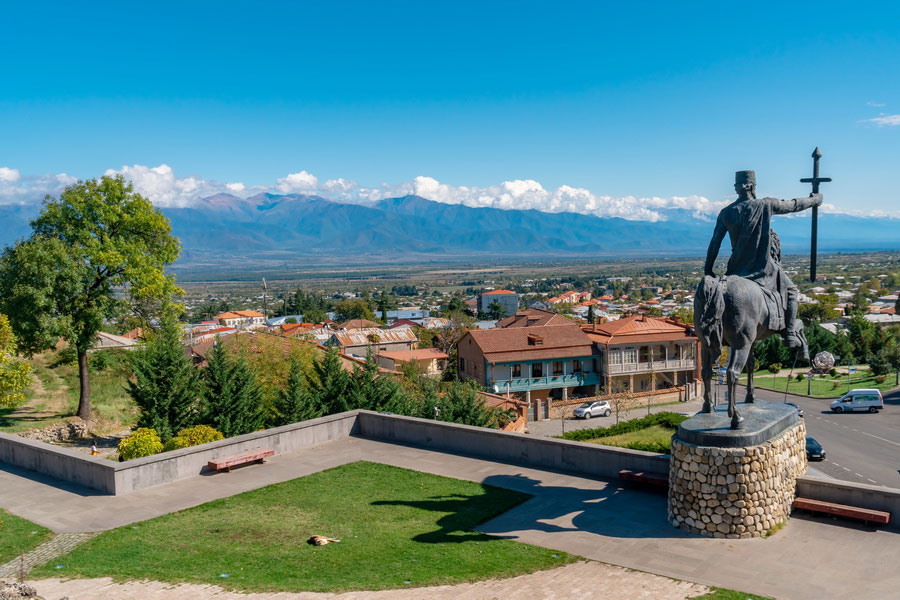
Kakhetians are the indigenous population of Kakheti. Over the course of centuries, the Kakhetian people have battled numerous enemies and invaders, yet they have still managed to preserve their unique language, culture and traditions.
Kakheti once belonged to the Kingdom of Iberia before being absorbed into to the Principality of Iberia. However, by the second half of the 8th century, Arab sources were already making a distinction between Iberia and Kakheti.
During a struggle against Arab invaders, a prince named Grigol seized control over Kakheti and established a bishopric-duchy ruled by a prince and chorbishop (rural or lesser bishop). Shortly thereafter, Kakhetian Prince David was able to recover the crown and declared Telavi the new capital. He also took control of the neighboring region of Hereti and declared himself King of Kakheti and Hereti.

At the beginning of the 12th century, Georgian King David the Builder (c.1089–1125) incorporated Kakheti into his Kingdom of Georgia. It later collapsed into anarchy and fragmented into five semi-independent principalities and three independent kingdoms, one of which was Kakheti.
From the early 16th century until the early 19th century, Iran sporadically invaded the kingdoms of Kakheti and Kartli. In 1616, Shah Abbas deported over a hundred thousand Kakhetians to Iran. A distinct community of Kakhetian Georgians continues to live in Iran to this day, and despite their isolation from Georgia, have managed to maintain their native language and customs.
In the 18th century, the kingdoms of Kakheti and Kartli were united and ruled by King Erekle II, one of the most influential figures not only in the history of Kakheti but in the nation as a whole. (A monument to King Erekle now stands in the center of Telavi, Georgia.) In 1801, the Kingdom of Kartli-Kakheti was seized by the Russian Empire.
For the short period between 1918–1921 Kakheti was part of the independent Democratic Republic of Georgia before annexation into the USSR along with the rest of Georgia. Since 1991, Kakheti has been a distinct region of the Republic of Georgia, with Telavi serving as its administrative center.
Despite seemingly insurmountable hurdles, the Kakhetian people never lost their spirit. To this day, they continue their winemaking traditions and are known for greeting their guests with a warm smile and an open heart.

